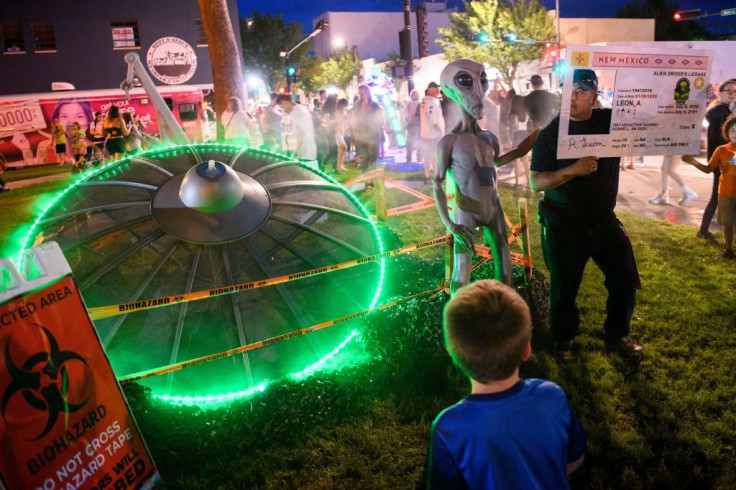British professor John Parnell, who has spent his life searching for oil, is leading the hunt for aliens on Mars.
The geologist is one of the world’s leading experts in spotting signs of life in rocks, and he learned the art while studying oil and gas exploration at the University of Aberdeen in Scotland. Now Parnell is training boffins deployed to search for extraterrestrial life in Europe’s Mars rover mission, reported Daily Star. The ones running the project will have to choose the most likely stones to show signs of life on the surface of Mars.
The team will have to make the selection just by studying photographs sent back by the rover. The images will be taken while the rover trundles over the planet’s surface 34 million miles away from humans. Before the rover’s power gives out, it will be possible to analyze only a limited number of samples in detail.
Parnell's rock knowledge has made him lead the team in the search for aliens from his home on the island of Cumbrae off Scotland’s west coast. BBC reported that using a video link from his kitchen, Parnell guides the scientists on where they should look for evidence of life. He guides them as they take the rover's instruments on practice runs in field sites around Europe.
He said that the search for alien life on the planet will be through "the eyes of a rover trundling over the surface." He noted that what they need to do is "develop the skill to look at those images and predict which samples are worth examining in more detail," and which samples might have "evidence of either life, or habitats for life."
Italy 24 News reported that stones with gas bubbles are potential habitats. They offer space for microbes to live below the surface, and it is also worth studying the rocks with mineral veins where the water would have passed. According to the professor, the search for life on Mars could "answer important questions about how life formed on Earth," and what the planet looked like "millions of years ago."
Mars rover mission by the European Space Agency was scheduled to launch on a Russian rocket in September. It was to land eight months later, but the Ukraine invasion came in the way of those plans. Still, scientists are hoping it can go ahead in 2023.

© 2025 Latin Times. All rights reserved. Do not reproduce without permission.





